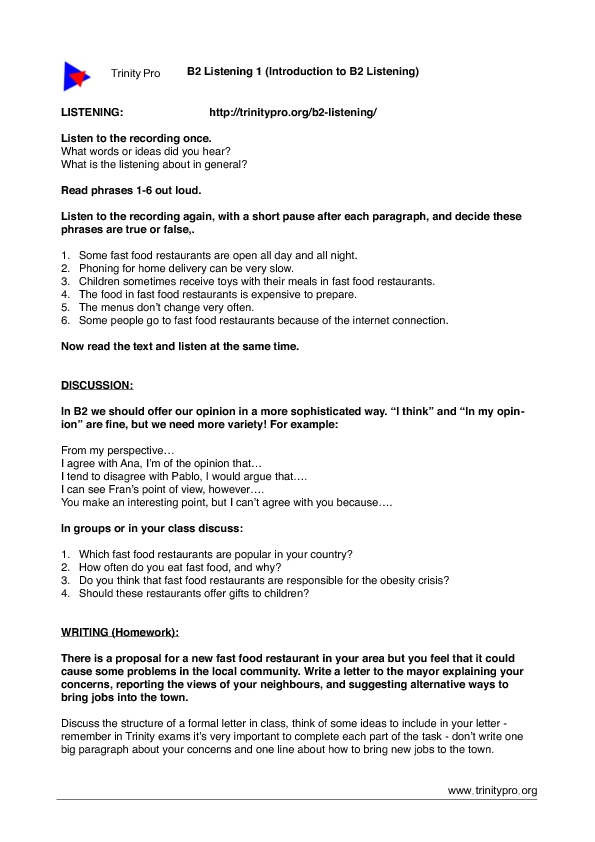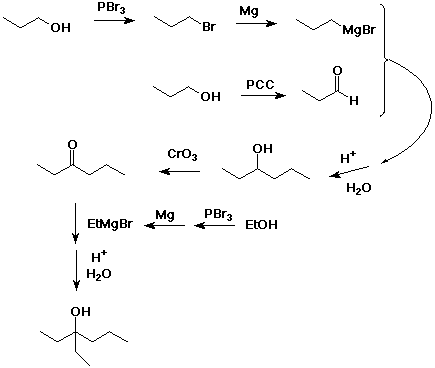An Essay Concerning Human Understanding Book II: Ideas.
An Essay Concerning Human Understanding Book II: Ideas John Locke. Essay II John Locke i: Ideas and their origin those two sources—external material things as objects of. rudiments of organization—or to the beginnings of life—in the body? Before it, or at the same time, or later.
A summary of Book II, chapter XXIII: Ideas of Substances in John Locke's Essay Concerning Human Understanding. Learn exactly what happened in this chapter, scene, or section of Essay Concerning Human Understanding and what it means. Perfect for acing essays, tests, and quizzes, as well as for writing lesson plans.

Summary Having developed in Book I his argument concerning the nonexistence of innate ideas, Locke undertakes in Book II to describe in detail the process by means of which ideas come to be present in human minds. His fundamental thesis is that experience alone is adequate to account for all the ideas included in anyone's store of knowledge.

An Essay Concerning Human Understanding begins with a short epistle to the reader and a general introduction to the work as a whole. Following this introductory material, the Essay is divided into four parts, which are designated as books. Book I has to do with the subject of innate ideas.

Complete summary of John Locke's An Essay Concerning Human Understanding. eNotes plot summaries cover all the significant action of An Essay Concerning Human Understanding.

An essay concerning human understanding goodreads Lorem ipsum dolor sit amet, consectetuer. Proin gravida nibh vel velit auctor aliquet. Aenean sollicitudin, lorem quis bibendum auctornisi elit consequat ipsum, nec sagittis sem nibh id elit. Working Hours. Monday - Friday 09:00AM - 17:00PM.

An Essay concerning human Understanding Book II: Ideas To answer this question, Locke uses the famous metaphor of the empty table (or tabula rasa): “Let us suppose that in the beginning, the soul is called a vacuum, void of all characters, without any idea of any kind.
About An Essay Concerning Human Understanding An Essay Concerning Human Understanding by John Locke is one of the great books of the Western world. It has done much to shape the course of intellectual development, especially in Europe and America, ever since it was first published in 1690.

Describe briefly Locke's participation in the discussion group that led eventually to the writing of his famous Essay Concerning Human Understanding. 3. Make a list of Locke's published writings and show how the ideas set forth in the Essay are related to the other writings.

John Locke was able to use the leisure and security of his stay in Holland for writing. He was now fifty-four years of age and had yet published nothing important. He had been working for some years on his famous Essay Concerning Human Understanding, which he began in earnest at Utrecht in 1684.

A summary of Book IV, Chapters i and ii: What Knowledge Is in John Locke's Essay Concerning Human Understanding. Learn exactly what happened in this chapter, scene, or section of Essay Concerning Human Understanding and what it means. Perfect for acing essays, tests, and quizzes, as well as for writing lesson plans.

John Locke, An Essay Concerning Human Understanding, 1689 BOOK II. OF IDEAS CHAPTER I. OF IDEAS IN GENERAL, AND THEIR ORIGINAL.

In An Essay Concerning Human Understanding, first published in 1690, John Locke (1632-1704) provides a complete account of how we acquire everyday, mathematical, natural scientific, religious and ethical knowledge.Rejecting the theory that some knowledge is innate in us, Locke argues that it derives from sense perceptions and experience, as analysed and developed by reason.



